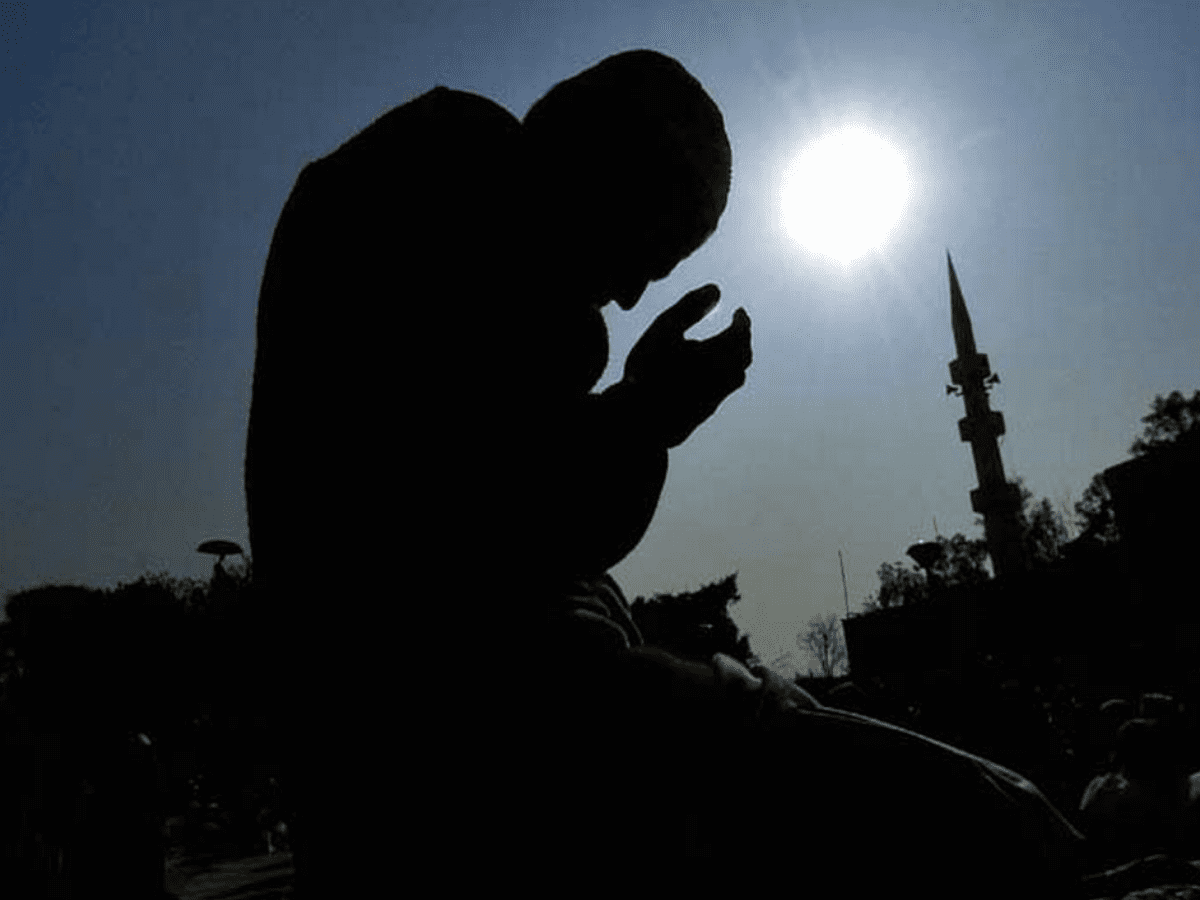
As the state assembly elections approach, the pursuit of fair representation within various political parties has intensified across various sections of society. Notably, except for the Muslim community, groups like SC, ST, and BC are actively seeking increased representation in parties, particularly the Congress and Bharat Rashtra Samithi (BRS). However, Muslims have faced challenges in asserting their rights within these parties, largely attributed to internal divisions and a focus on appeasement over empowerment.
Leaders representing the SC, ST, and BC categories have taken a proactive stance, pushing their party leadership to ensure adequate representation for their respective constituencies. In stark contrast, activists advocating for minority rights lament the continued discord within the Muslim community, wherein the focus remains on seeking favours from ministers rather than striving for substantive rights.
The political landscape has been further shaped by the departure of former minister Eatala Rajender from the BRS, creating room for the rise of Mudiraj leaders within the party. This resurgence is an attempt to secure a rightful position for the Mudiraj community within the party’s ranks. Similarly, leaders from the Munnuru Kapu and Madiga communities are also leveraging their influence to garner party support, emphasizing the potential consequences if these influential groups shift their allegiance elsewhere.
The BRS has embarked on a strategy aimed at securing support from smaller sections of society by offering enhanced opportunities and representation to communities like Munnuru Kapu, thereby ensuring their votes.
However, this policy has raised concerns about the marginalization of Muslims within the party, allegedly prompting ordinary Muslims to consider an anti-BRS stance. The perception that the government has overlooked the welfare and equal opportunities for Muslims has fueled discontent, leading to a potential shift in voting patterns.
Against the backdrop of the Karnataka election results, the priorities of political parties and the Muslim community are undergoing transformation. The ruling party acknowledges the indispensability of the BRS in Telangana, especially with regards to the Dalit vote. In contrast, the Congress, buoyed by its success in Karnataka, is confident in securing Muslim votes in Telangana, particularly as a substantial number of Dalits have expressed discontent due to the exclusion of their community from the Dalit Bandhu scheme.
Amidst these changes, various backward classes are actively manoeuvring to enhance their influence within the Congress, aiming to secure positions in the party and ensure the development of their constituents. This strategic shift involves distancing themselves from the BRS and contributing to the strengthening of the Congress. Remarkably, Muslim organizations in the state have yet to devise such strategies, even as the government acknowledges that unfulfilled promises have led to growing disillusionment among Muslims.
This evolving landscape has given rise to suspicions that the BRS is allegedly plotting to fragment Muslim votes, thereby diluting their impact. The party’s intentions seem to be focused on minimizing the influence of Muslim votes, rendering them inconsequential in future elections. As the state political environment continues to evolve, the next elections could witness significant shifts, influenced by the changing priorities and strategies of various parties and communities.



